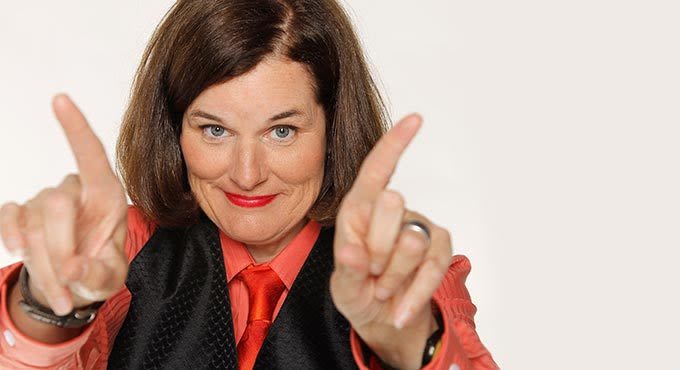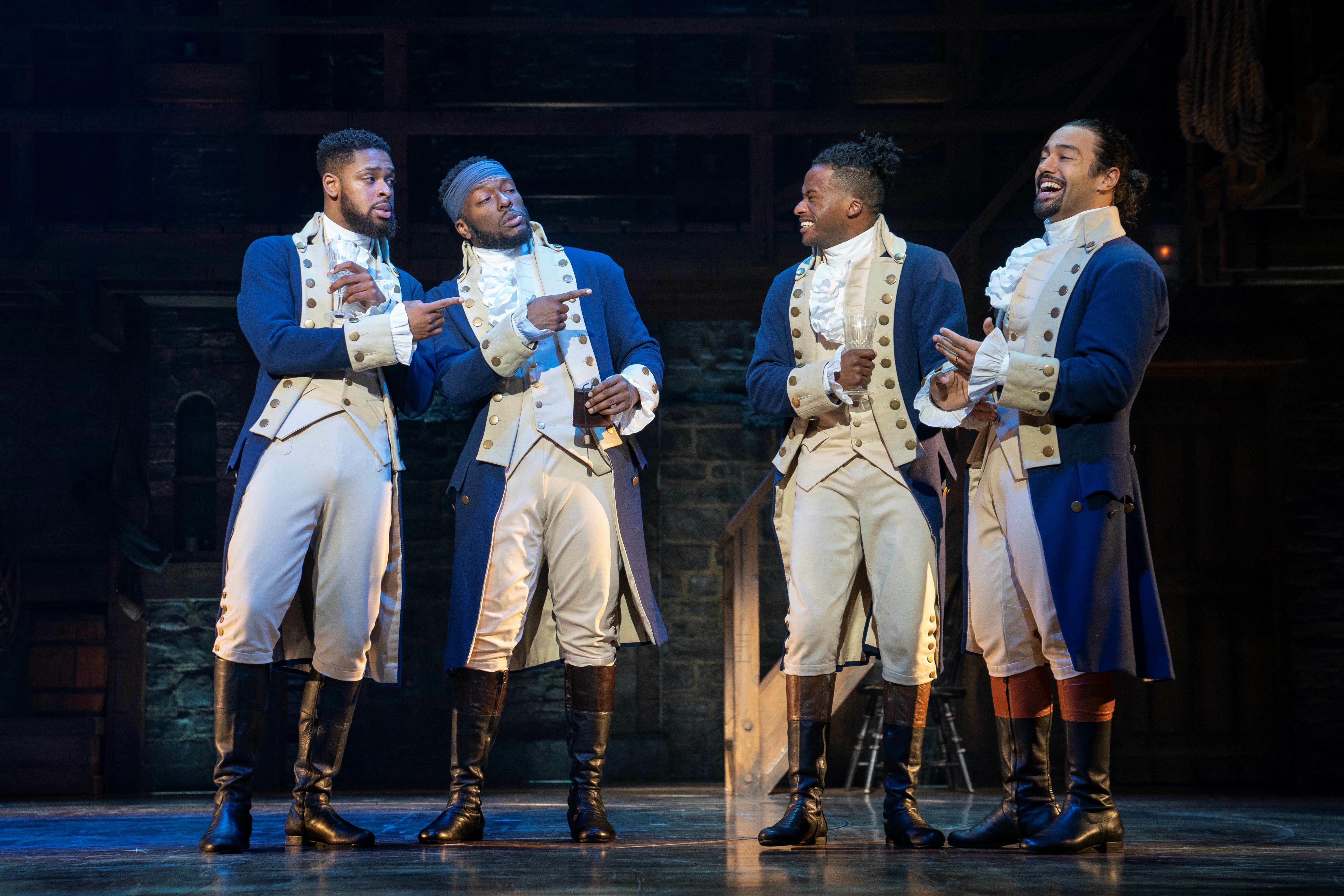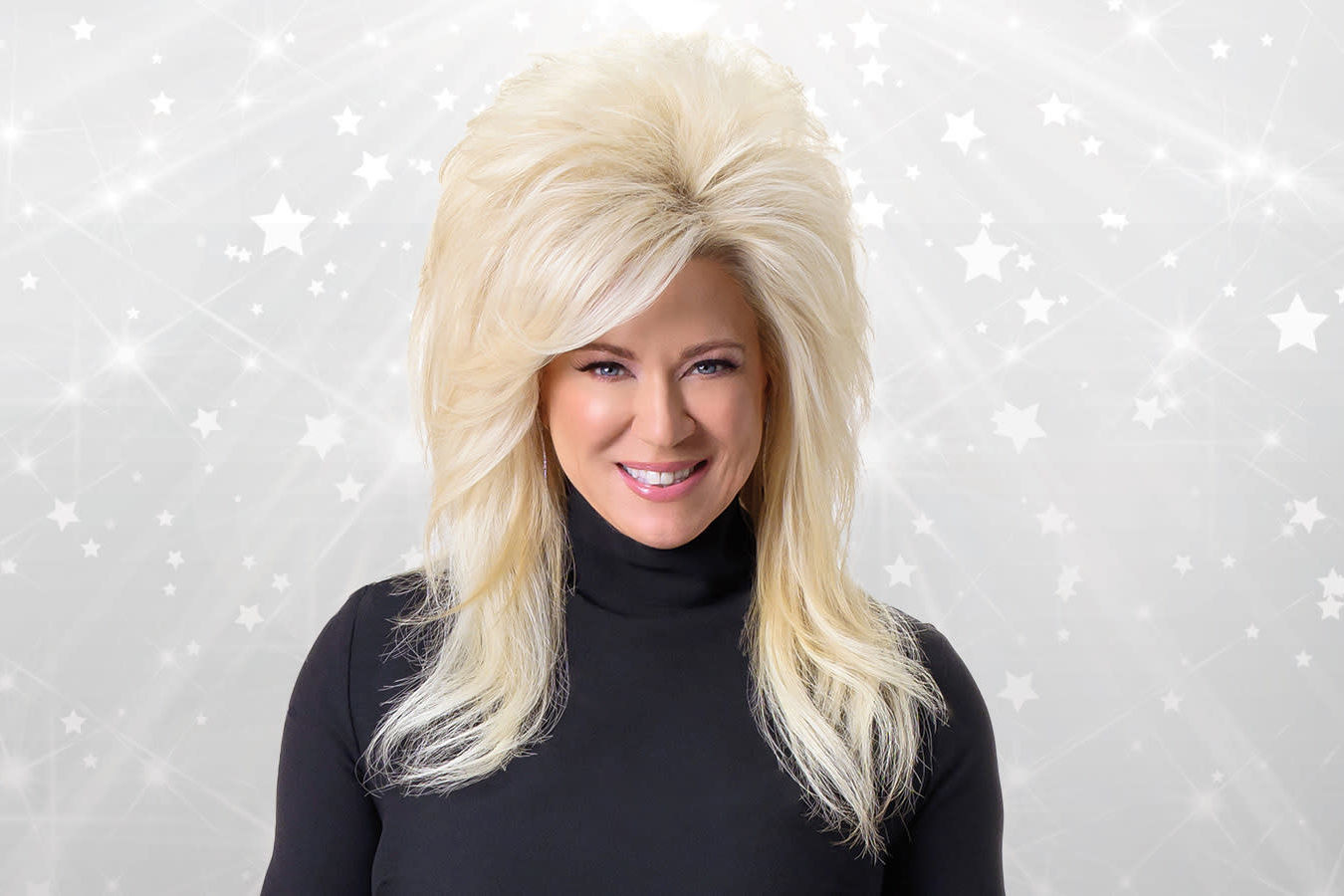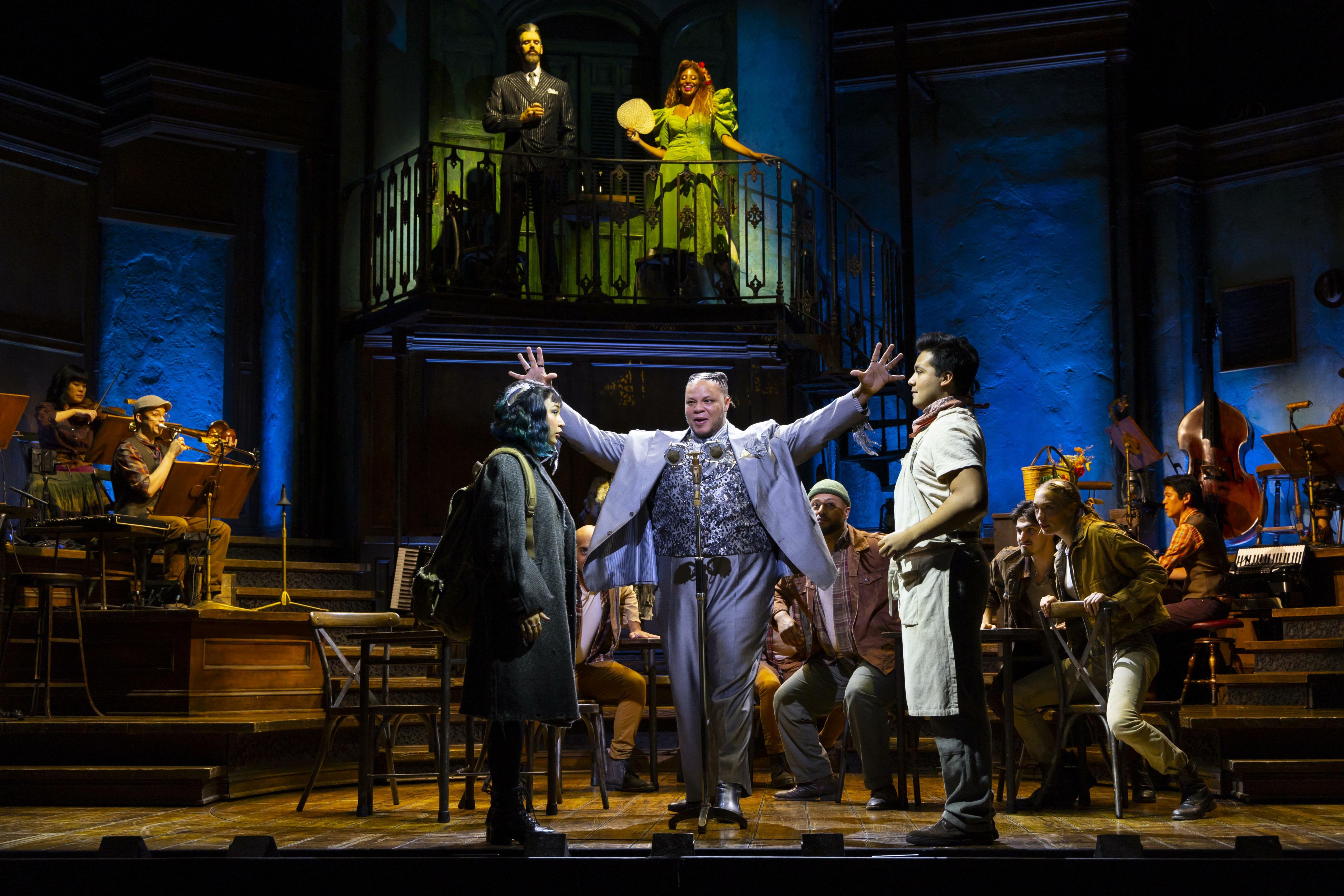Talking To: Comedian Paula Poundstone

True story: When we recently called Paula Poundstone at her home in Los Angeles, a muffled voice answered and asked us to hold on a second. A few moments later, she returned, clear-voiced, and explained, "I was brushing my teeth. I wanted to have fresh breath for this interview."
Poundstone has worked as a stand-up comedian for more than 30 years, including HBO and Comedy Central specials and appearances on the late-night shows with Johnny Carson, David Letterman, Jay Leno and Craig Ferguson. She's a regular panelist on Wait, Wait...Don't Tell Me, the No. 1 program on NPR.
She performs at the Van Wezel this Sunday. Tickets and info here.
Were you always funny?
The first sentence of the last paragraph of the summary written by my kindergarten teacher said, “I’ve enjoyed many of Paula’s humorous comments about our activities.” So apparently Mrs. Bump thought so.
I’ve always enjoyed funny things. I’ve always loved the sound of laughter.
Who are your comedy influences?
I used to steal my parents’ Bill Cosby albums and Smothers Brothers albums. You know, I was talking with Lily Tomlin the other day, and I mentioned the Smothers Brothers song “I Fell Into a Vat of Chocolate.” And she’d never heard of it. I couldn’t believe that a comedy legend such as the iconic Lily Tomlin hadn’t been familiar with this routine. Do you know it? No? Oh my goodness, this is what’s wrong with society today.
Laugh In came out when I was in the fifth grade. Such a funny, great show. George Schlatter is a very clever man. That show is what brought Lily Tomlin to well-deserved fame. And I think it played a significant role in ending the Vietnam War. Probably the only show going that took shots at it, made jokes about it. The only show, outside of the news, bringing it into the living room.
We see a lot of comedy shows today taking on politics and current events, too.
Yeah, you know, I feel a little complicit, and I’ve apologized to my Twitter followers, but I thought Trump was funny at the beginning. We watched that one sail right by us. I hadn’t heard him say horrible things right away, that was part of it. But when I discovered so many—not the majority—but all the people who support that [kind of behavior]…that’s something I didn’t want to know about the country. When it was just Trump, just one nutter, who cares? I think it’s rather clear that he has some kind of mental health problem. But it’s very Hitler-esque. We didn’t say that soon enough. Look at the overt calls to violence. We’re violent and stupid enough by ourselves.
How much fun is Wait, Wait...Don’t Tell Me, the NPR news quiz?
I’m eternally grateful to the producer, Mike Danforth, for bringing me on. From the first time I was ever on the show, something like 15 years ago—at that time we didn’t work in front of an audience; we were all in the NPR studio nearest us. I was just in a little booth by myself, in my goofy silly radio headset, and the producers would be in my ear saying, “Jump in whenever you want, Paula.” That is the opposite of most show business broadcast experiences.
But I hate writing the “Bluff the Listener” story. They look for a good story all week, they send out an email with the information sometime Wednesday night, and I’m on a flight to Chicago [for the taping] at 6 a.m. Thursday morning. One time I was actually still writing it while I was doing the show.
Does a sense of humor help in parenting?
It really, really does. I probably have been far more sarcastic with my kids than was mentally healthy.
When they were little, I used to do this character: She’s the queen, but she was stuck taking care of these kids. [Adopts a British accent.] “This is not what I’m supposed to be doing!”
Some of my kitchen performances were so good, it’s a damn shame they weren’t recorded. I used to prepare the meal and set the table with an interpretive dance of whatever music was on. One night, to “The Barber of Seville,” I managed to slam the last milk cup down with the very last note. My daughter Allie still thinks that’s the greatest thing she’s ever seen.
What’s been the key to your success as a stand-up?
I have a terrific manager named Bonnie Burns. She’s always tried to find platforms wherein I can be the most myself I can be. That’s been my evolution, just being more and more myself. It sounds sort of silly and simple, but truth is, it actually isn’t.
The other person that any comic my generation or younger owes their career to is Robin Williams. Obviously stand-up comedy has been around since we came out of the cave. But Robin in the late 70s reignited audiences’ interest in it. Early in my career I lived in San Francisco, and when Robin lived there, he would stop in a lot. There was an electric energy about the possibility of him coming to a club. Audiences came out, not because he was booked, but just thinking he might stop in. He did that all over the country. That feeling that Robin might come drove business for years. And somewhere along the way, those audiences saw the rest of us, and they were like, “Yeah, OK, that’s pretty good, too.”



